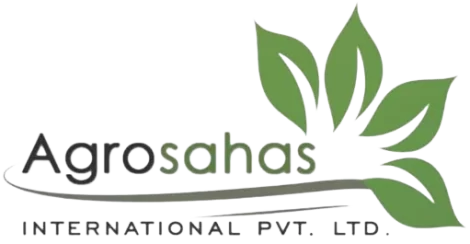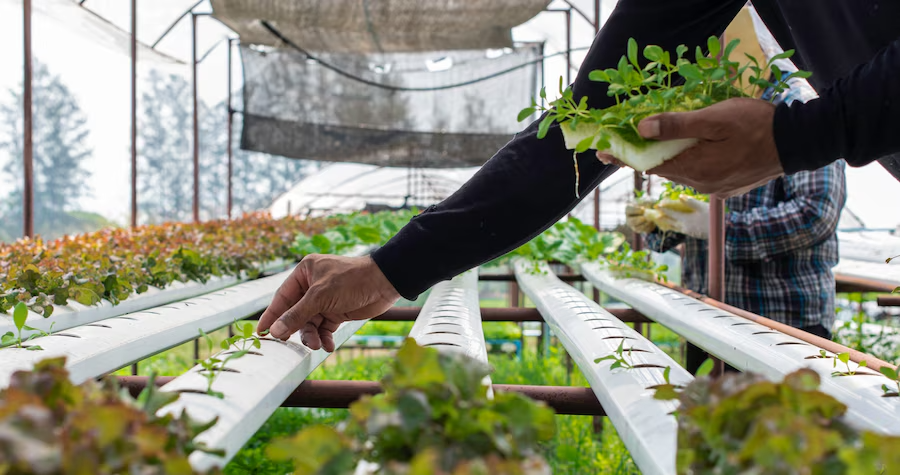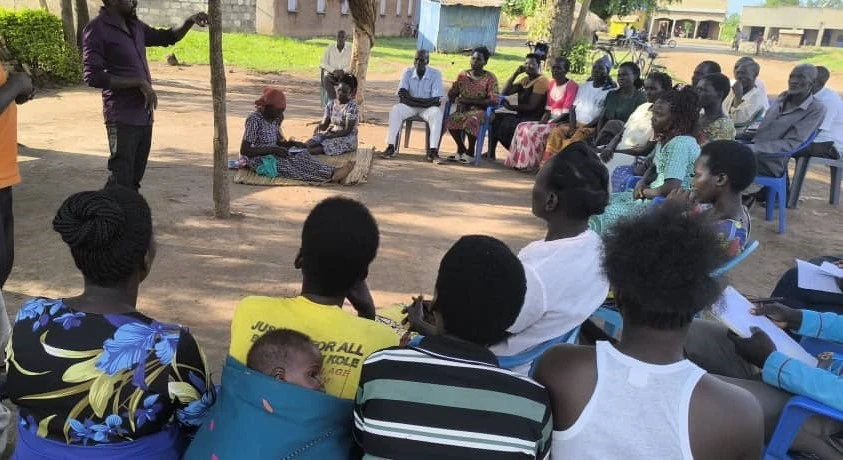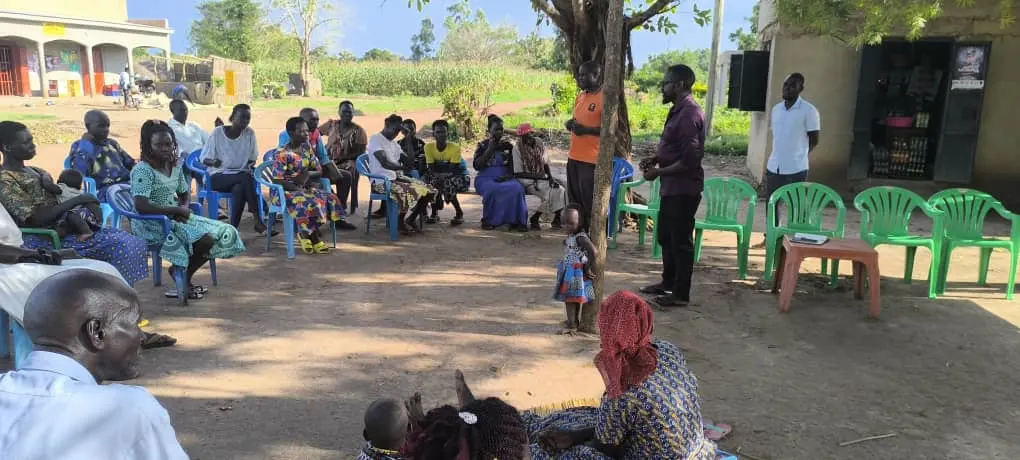Urban agriculture is increasingly becoming a vital component of sustainable city living. As urban populations grow, the need for local food production and green spaces becomes more pressing. Agrosahas International PVT LTD is at the forefront of integrating agriculture into urban environments, promoting sustainability, food security, and community engagement.
The Importance of Agriculture to the Local Community
Agriculture plays a crucial role in supporting local communities by providing fresh, nutritious food, creating employment opportunities, and fostering a sense of community. In urban settings, agriculture can help address food deserts, improve air quality, and reduce the urban heat island effect. It also encourages community participation and education, as city dwellers reconnect with the source of their food and learn sustainable practices.
Agrosahas’ Urban Agriculture Projects
1. Rooftop Gardens
These gardens utilize underused rooftop spaces to grow vegetables, herbs, and fruits. Rooftop gardens not only provide fresh produce but also offer green spaces for residents, helping to improve mental health and well-being. These projects demonstrate how urban agriculture can maximize space efficiency and bring nature into the city.
2. Community Gardens
These gardens are set up in vacant lots and public spaces, where local residents can come together to cultivate crops. Community gardens promote social cohesion, as neighbors work together, share knowledge, and support each other. They also provide educational opportunities for children and adults to learn about gardening, sustainability, and nutrition.
3. Hydroponics and Vertical Farming
These innovative farming systems allow crops to be grown in controlled environments without soil, using nutrient-rich water solutions. Vertical farming utilizes vertical space, making it ideal for densely populated urban areas. These systems are highly efficient, using less water and space than traditional farming methods, and can produce crops year-round.
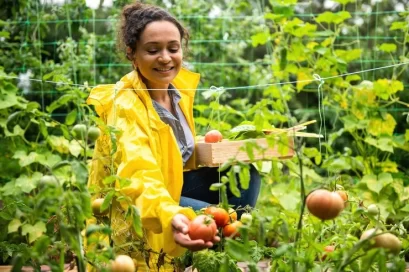
Major Farming Systems in Uganda
In Uganda, agriculture is diverse, with several major farming systems:
- Smallholder Farming: Dominated by small family farms, this system involves mixed cropping and livestock rearing. It is the backbone of Uganda’s agricultural sector.
- Plantation Farming: Involves large-scale production of cash crops such as coffee, tea, and sugarcane.
- Agro-pastoralism: Combines crop farming and livestock herding, particularly in arid and semi-arid regions.
- Aquaculture: The farming of fish and other aquatic organisms, which is gaining popularity due to its potential for high returns and nutritional benefits.
Urban Agriculture Program in Uganda
The urban agriculture program in Uganda is a collaborative effort involving government agencies, NGOs, and private organizations like Agrosahas. This program aims to promote sustainable urban farming practices, improve food security, and enhance the livelihoods of urban residents. Key components of the program include:
- Policy Support: Developing policies that encourage urban agriculture, including land use regulations and support for urban farmers.
- Training and Education: Providing training for urban residents on sustainable farming techniques, including composting, water management, and crop selection.
- Resource Provision: Supplying seeds, tools, and other resources to urban farmers to help them start and maintain their gardens.
- Research and Innovation: Conducting research on urban agriculture practices and developing innovative solutions to improve productivity and sustainability.
The Impact of Agrosahas’ Urban Agriculture Initiatives
Agrosahas’ urban agriculture projects have had a significant positive impact on local communities. By bringing farming into urban environments, Agrosahas has:
- Improved Food Security: Providing fresh, locally grown produce to urban residents, reducing reliance on imported food.
- Created Green Spaces: Enhancing urban environments with green spaces that improve air quality, reduce heat, and provide recreational areas.
- Promoted Community Engagement: Fostering a sense of community as residents come together to cultivate and maintain gardens.
- Educated Urban Dwellers: Offering educational opportunities for residents to learn about sustainable farming, nutrition, and environmental stewardship.
- Generated Employment: Creating jobs and income opportunities for urban farmers, improving livelihoods.
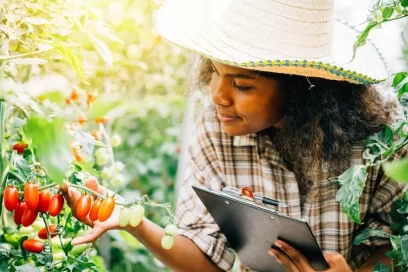
Looking Ahead: Future Goals for Urban Agriculture
Agrosahas is committed to expanding its urban agriculture initiatives and exploring new ways to integrate farming into urban settings. Future goals include:
- Scaling Up Projects: Expanding existing projects and replicating successful models in other urban areas.
- Innovating with Technology: Incorporating advanced technologies such as IoT, AI, and blockchain to optimize urban farming practices.
- Strengthening Partnerships: Collaborating with more stakeholders, including government agencies, NGOs, and private sector partners, to support and scale urban agriculture initiatives.
- Promoting Policy Changes: Advocating for policies that support urban agriculture, ensuring that it becomes a central component of urban planning and development.
Conclusion
Agrosahas International PVT LTD is leading the way in urban agriculture, transforming city landscapes and supporting local communities through innovative farming practices. By promoting rooftop gardens, community gardens, and advanced farming technologies, Agrosahas is enhancing food security, creating green spaces, and fostering community engagement in urban areas. As Agrosahas continues to expand its urban agriculture initiatives, it remains committed to building sustainable, resilient urban environments that benefit all residents.
